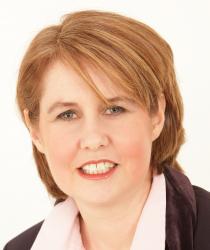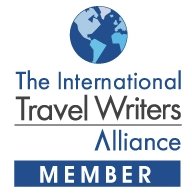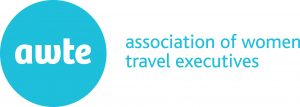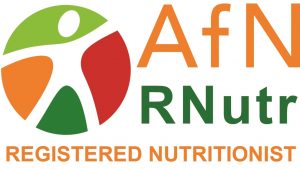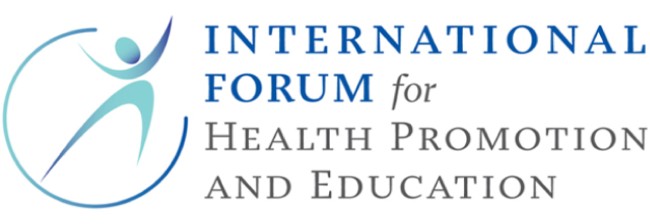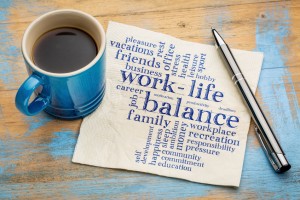 Frequent business travellers report higher levels of stress and poorer psychological health than non-frequent business travellers. It’s hardly surprising when you add travel strain on top of typical work pressures.
Frequent business travellers report higher levels of stress and poorer psychological health than non-frequent business travellers. It’s hardly surprising when you add travel strain on top of typical work pressures.
What’s more, there’s little escaping negative work carry over, the spillover of work into your personal time when you’re travelling on business. It’s little wonder the strain of a business trip can become all-pervading, and for a significant number of us business travellers, it can lead to burn-out where we are no longer able to cope with the demands of travelling on business effectively.
The combination of longer working hours, taking your job with you to your hotel room, business meetings planned over dinner to avert the effects of jet-lag, interrupting family commitments and not having sufficient personal time to relax or pursue leisure activities can all add up.
Even though the pressures of business travel might be unavoidable, there are ways to relieve some of the strain and reduce the overall impact. Finding time to relax is vital in helping to manage stress and travel stress is no different, if not even more consuming.
By putting your body and mind back to a state of rest, you will lower your heart rate, lessen blood pressure, increase blood flow to major muscles, reduce muscle tension, lower fatigue, be less irritable, frustrated, improve concentration and mood.
So here are our top tips on how to lessen anxiety, reduce travel strain and create some more time to relaxation.
Plan your schedule wisely: create buffer time
Nearly half of business travellers are anxious over delays and cancellations, and the second top stress factor is poor or no internet connections to catch up on work emails. So, make sure your schedule allows for ‘buffer time’ to cope with delays in travel, longer meetings than expected, and poor internet connections to meet deadlines. This way you’ll have time to cope without feeling you are under undue strain. It might also create some unscheduled time for a quick break in between planned activities to relax or to catch up on emails before you head to your next flight or appointment.
Plan for downtime
 Plan to relax and unwind. While it is tempting to pack in as much business or as many working dinner meetings as possible, the consequence of trying to do too much without time to relax will not make it more rewarding or effectual. Work-life balance is key to combating travel stress and fatigue. Strain intensifies from the lack of relaxation, negative work carryover and poor sleep leaving you feeling less productive when you travel or when you eventually return to the office. So plan to take time out.
Plan to relax and unwind. While it is tempting to pack in as much business or as many working dinner meetings as possible, the consequence of trying to do too much without time to relax will not make it more rewarding or effectual. Work-life balance is key to combating travel stress and fatigue. Strain intensifies from the lack of relaxation, negative work carryover and poor sleep leaving you feeling less productive when you travel or when you eventually return to the office. So plan to take time out.
Build in rest days
When business travellers were recently asked to rank potential improvements to travel policies, they cited the ability to work from home the day before or the day after a trip in their top five changes. If having a rest day means you’re not ‘hitting the wall’ around two in the afternoon in the office after a return flight the day before, then you’re doing the right thing by taking a rest day. Presenteeism increases for frequent business travellers, particularly when suffering from jet lag and travel fatigue. At the very least, ask your employer to adapt their travel policies to include the option of working from home the day after you return or book return flights on a Friday when you’re rest day is at the weekend.
Build in flexibility for flight connections
Make sure you allow sufficient time for any connecting flights, particularly if you are boarding at one terminal but flying out of another. You may need to walk through arrivals, airport security, catch an airport shuttle and back through security if your connection is at another terminal. Allow at least two hours for transfers, so you have time to grab a drink or a snack, a toilet break, relax or time to catch up on a few emails before your next connection.
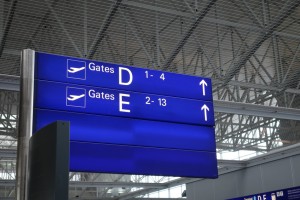 Know your terminal and departure areas
Know your terminal and departure areas
Knowing what facilities are at your terminal in advance is a good approach to reducing the strain when travelling. Finding out before you leave for the airport where to find a quiet place, connection points for electronic devices, water fountains for water bottle refills, showers and massage chairs is quintessential for reducing strain when in an airport for the first time.
Utilise speedy boarding options
Travel options such as speedy boarding, premium security and passport control, where you pay a little extra might also be advantageous when flying on business. This will enable you to get seated and organised before everyone else has boarded. There is less waiting, so you can spend more time relaxing or if need be, checking your emails before switching over to flight mode.
Many airports now offer premium security, where you can ‘breeze through with ease’, and premium passport control to reduce the time through passport control. Both are worthwhile late at night when those queues can appear endless and add at least another half an hour to your landing time.
Whatever you do, the key to reducing travel stress is to remove the stressors and by doing so, making time for you to relax and unwind. Taking this approach will enable you to be at your most productive when travelling, increasing the satisfaction that the trip was worth the investment and the outcome will subsequently feel more successful.

























